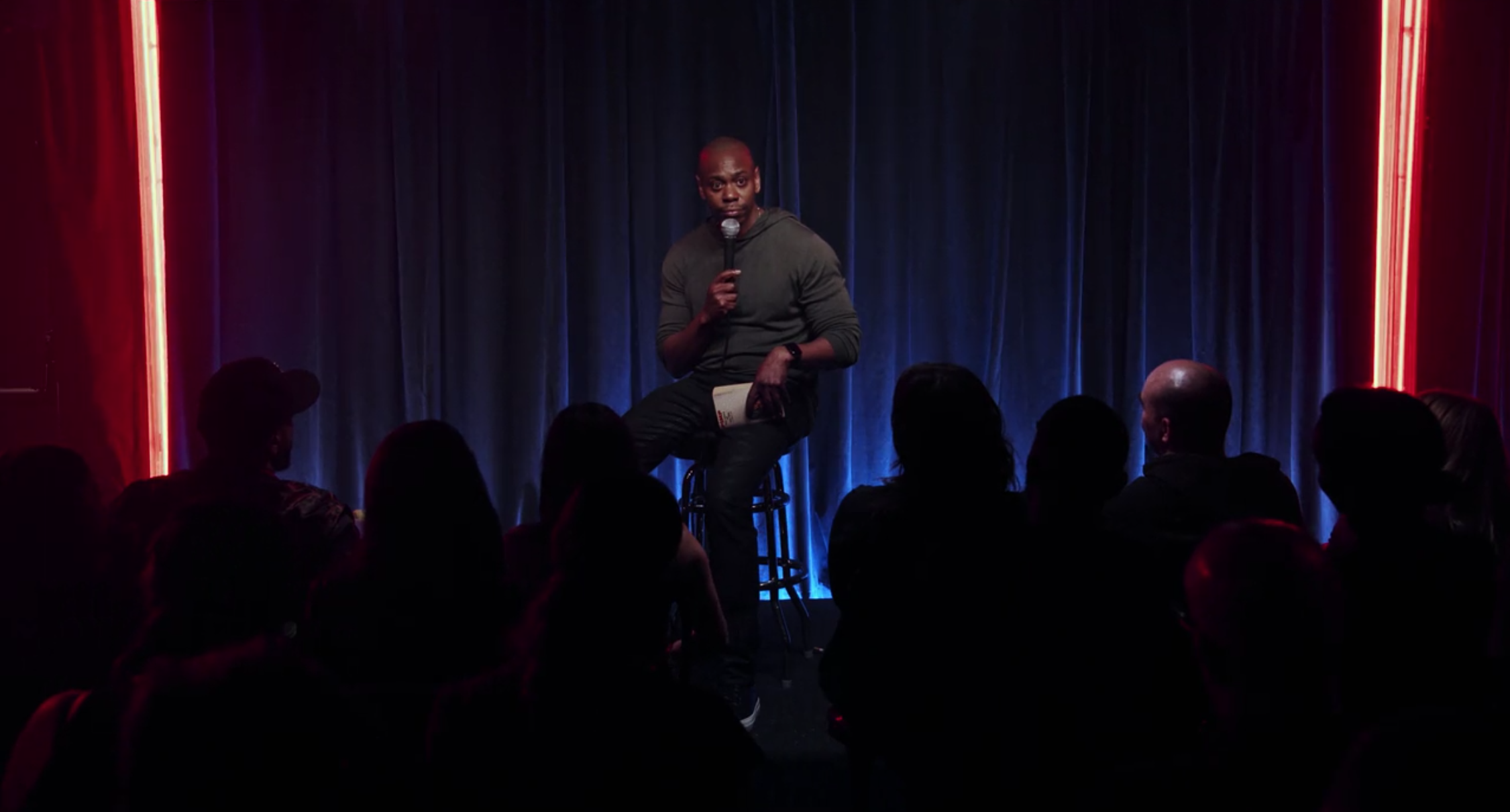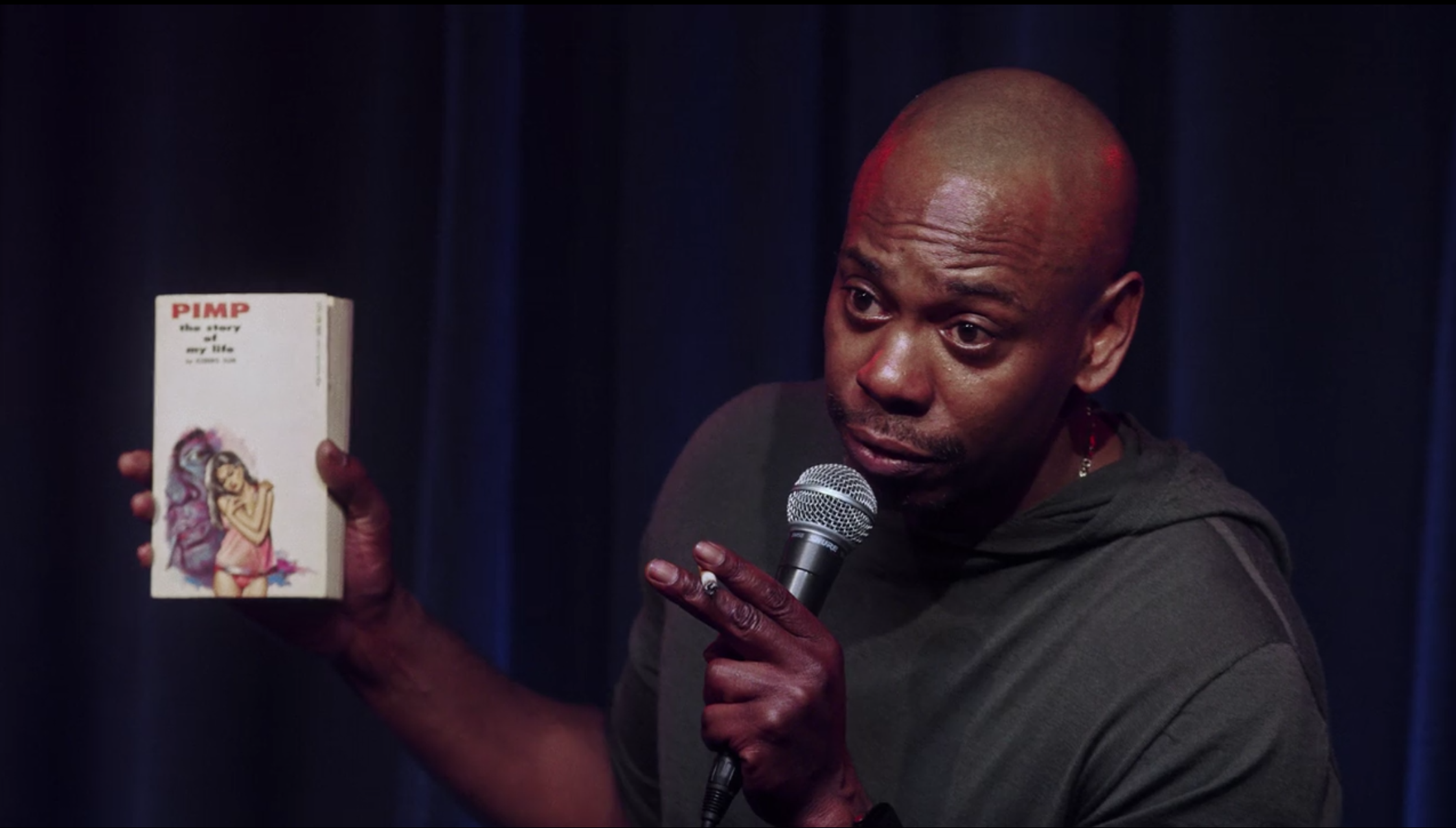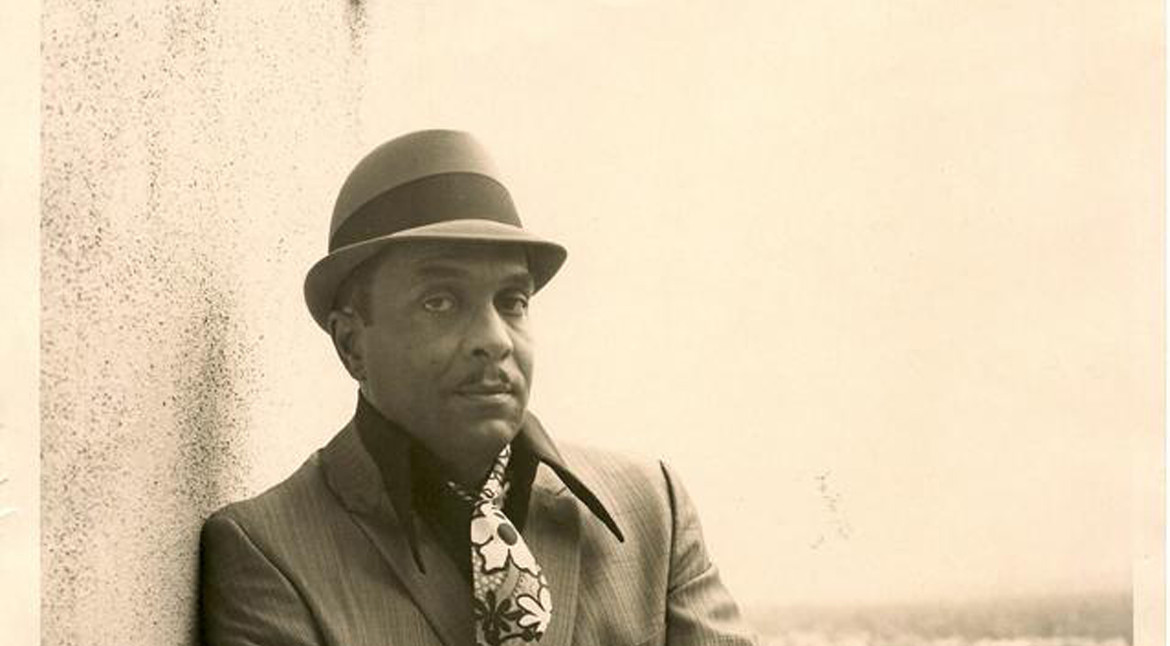The Bird Revelation and The Capitalism Machine
Spoiler Alert: This post describes one of the stories told in Dave Chappelle’s The Bird Revelation
Smoke rises from a cigarette, pinched between two fingers. The stage is smaller than the others in his past three specials: it’s an intimate space where the audience sits at an arm’s length. Dave Chappelle hunches over his stool with a white book in his hand, waving it around like a preacher does with a bible.
There’s something different here, and you wonder if its the dark curtain or the red lighting. Maybe its the smoke that swirls over his face. But when he begins to speak, you realize that it’s none of those things.
Chappelle is vulnerable- for the first time that I can remember- and as he speaks, the audience is not sure whether to laugh or not.

Chappelle begins by saying that this is the story about why he left the Chappelle Show in 2005. “I can tell you why, but I can’t say it directly,” he says, and an assistant from the back of the room comes forward with a white-covered book titled “Pimp”.
Pimp was written in the 60’s by a man named Robert Beck, otherwise known as Iceberg Slim. He was a pimp from the age of 18 until the age of 42, who moved out to Los Angeles after spending some time in jail and decided to write about his experiences.
“He breaks down some of the coldest capitalist concepts,” Chappelle claims as he waves the book. Then, he asks the audience if they know what the phrase mileage on a ho means.
A knowing chuckle passes through the audience. I remember laughing myself. But then Chappelle begins to explain.
Mileage on a ho refers to the number of times a pimp thinks that a prostitute can have sex for. Chappelle further explains that this means that a pimp understands that there is a finite amount of bad things that a person can do before they lose it. My eyes open wide as I realize that he is trying to speak seriously.
He then describes another part of the book, where Iceberg Slim asks a mentor for advice on controling a woman who is too headstrong. The mentor tells him to beat her with a hanger, give her some pills, and run her a bath- and “she’ll be so grateful you fixed her that she’ll forget you were the motherfucker that beat her in the first place”.
Iceberg Slim eventually does this to a woman who is planning to stop working for him by making her believe that she killed someone- and that he was helping protect her. She was a prostitute that was at the end of her mileage, and he was able to keep her working for six more months.
“That’s a cold game,” Chappelle says, “Thats the motherfucking capitalist manifesto. And that’s why I went to South Africa.”

Modern day captalism has several primary characteristics: private property, capital accumulation, wage labor, voluntary exchange, a price system, and competitive markets. Capitalism is an economic system, meaning that it is a system that allocates resources within a society.
All of these are fantastic things. Think about the computer that you own, alone, that no one else can access without your permission. Think about the money you have in your bank- instead of a storage unit full of little trinkets to barter. Think about the fact that you don’t need to decide how much your lunch costs every time you buy it. There’s a little machine that does all of these things for us, and it’s called capitalism.
However, there are acknowledged systemic weaknesses in a capitalistic society. The first one is called a market failure, or externality. This is when the system fails to account for certain aspects of a product, and allows overproduction or underproduction of that product. For example, if your neighbor plays music too loudly at night, you experience a negative externality, because you are suffering for something that you do not get to enjoy.
The second one is anti-competitive practices. Examples of this are monopolies (where one company controls an entire market), price fixing (where companies collude to set prices), and exclusive dealing (where people only purchase from certain people to reduce competition).
The third, the one we will focus on, is the exploitation of the working class by a minority of capitalists who control all the means of production and distribution. In other words, the unfair distribution of wealth and as a result, social inequality.
We have a system, where a small minority of people control a large majority of the wealth, and therefore hold most of the power. In this situation, capital accumulation is unbalanced in such a way that the system no longer serves a large majority of the people who are a part of it.
And while this is all happening, this system only incentivizes the accumulation of capital.
This is what Chappelle sees: a system with no morals. This system blindly incentivies value, and as a result, we have people like Iceberg Slim, using any method possible to make money and control others.
This system was not made to incentivize morality. We have laws that are meant to combat illicit behavior, and government enforced taxes used to reduce externalities, but in the end, we have a system that is made for the exchange of goods, rather than for creating a caring society.
And this is all intentional- even in our ideas of a perfect society, there are differences in values between every person. The religious among us are more concerned about sin, the hedonistic more are concerned about consumption, and there are many others who hold different values. There cannot be an economic system that enforces one of these beliefs over the other if we choose to keep our freedom.
That is not to say that the system is exactly what it needs to be. It is far from it. But I think this means that we need to pay closer attention to the culture we are creating within the framework of capitalism. If we are to uphold the importance of values over capital, we must find ways to make that the norm, whether it is changes to the system, or to ourselves.
